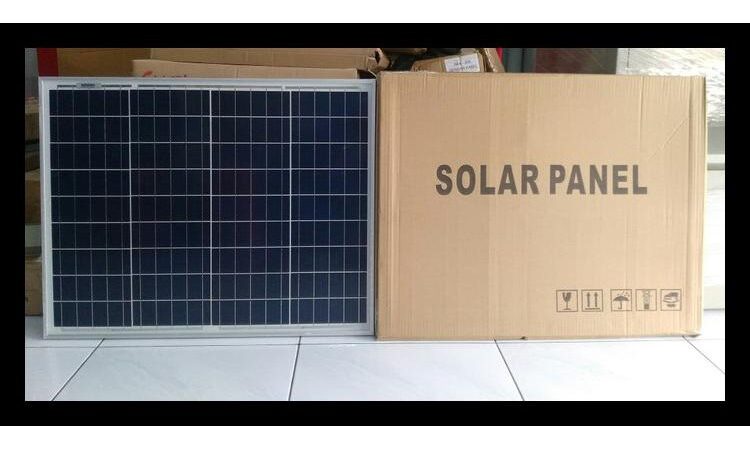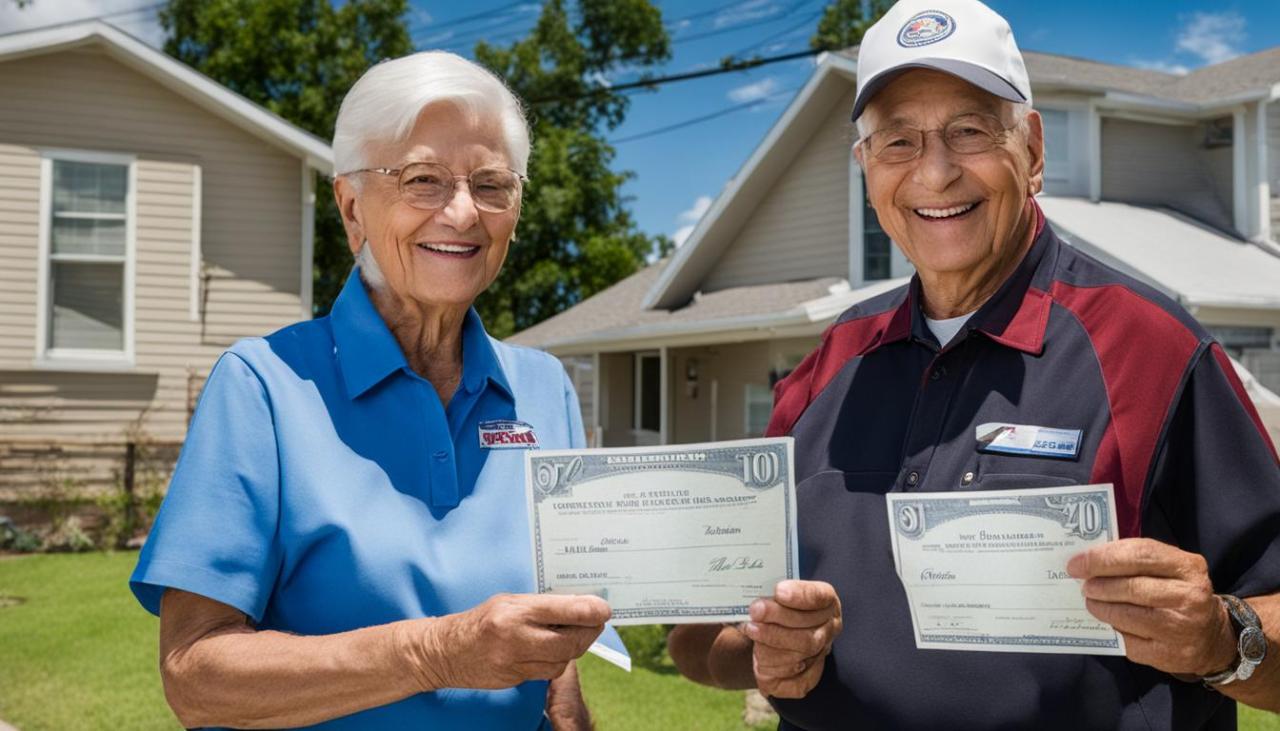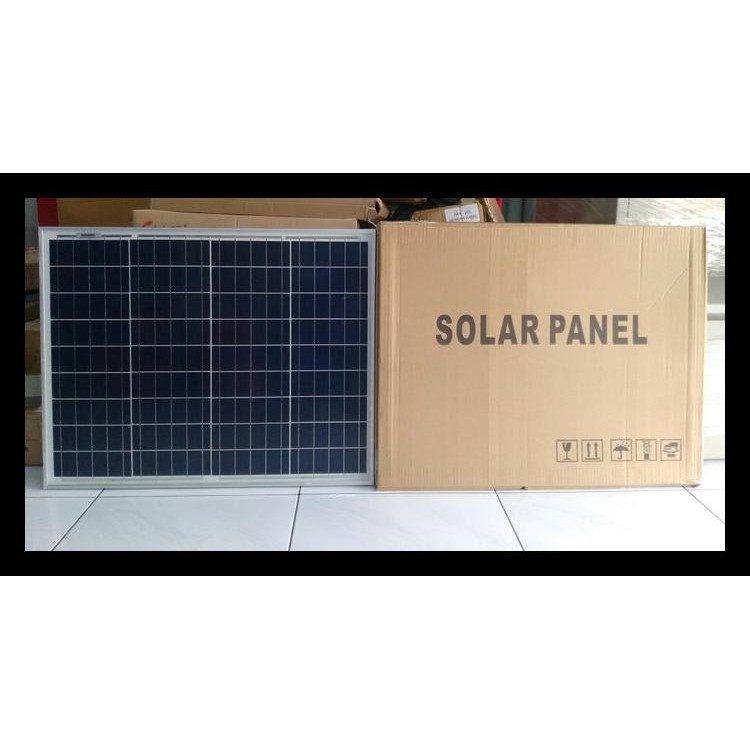Solar Panel Discounts For Seniors

Solar panel discounts for seniors offer a significant opportunity to reduce energy costs and embrace sustainable living. This guide explores various programs, financial incentives, and installation considerations specifically designed to help senior citizens access the benefits of solar energy. We’ll delve into the specifics of available government programs, utility rebates, and financing options, empowering you to make informed decisions about harnessing the power of the sun.
Understanding the financial aspects is crucial. Federal and state tax credits can substantially lower the upfront investment, while utility company rebates provide further cost reductions. We’ll also examine different financing methods, including loans and leases, to find the best fit for your budget and circumstances. Beyond the financial benefits, we’ll address practical installation considerations, ensuring a smooth and efficient process tailored to the needs of senior homeowners.
Senior-Specific Solar Panel Programs

Source: pinimg.com
Many states offer programs specifically designed to assist senior citizens in accessing the benefits of solar energy. These programs often include financial incentives, streamlined application processes, and dedicated support services to help seniors navigate the complexities of solar panel installation.
Government Programs and Eligibility Criteria
Several state governments offer programs providing financial assistance or incentives for seniors to install solar panels. Eligibility criteria vary widely depending on the specific program and state. Common factors include age (typically 65 or older), income level, and homeownership status. For example, some programs might offer a fixed dollar amount discount, while others provide tax credits or rebates based on the system’s size and energy production. It is crucial to check your state’s energy office website or contact local agencies on aging for detailed information.
Comparison of Senior-Specific Solar Programs
A direct comparison of all state-specific programs is beyond the scope of this article due to their constantly evolving nature and regional variations. However, it is important to note that some programs may have stricter income requirements than others, while some may prioritize specific types of solar installations (e.g., rooftop vs. ground-mounted). Understanding these differences is key to selecting the most suitable program for individual needs.
Summary of Key Program Features
| Program Name | State | Eligibility | Discount Type | Application Process |
|---|---|---|---|---|
| (Example: Sunshine Seniors Program) | California | Age 65+, Income below $60,000 | $1,000 rebate | Online application, income verification |
| (Example: Golden Sun Initiative) | Florida | Age 62+, Homeowner | 10% tax credit | Mail-in application, tax documentation |
| (Example: Silver Solar Savings) | Arizona | Age 60+, Low-income household | Loan assistance program | In-person application, credit check |
| (Note: These are hypothetical examples. Actual programs and details vary by state.) |
Financial Incentives and Rebates
Several financial incentives can significantly reduce the upfront cost of solar panel installation for seniors. These incentives include federal and state tax credits, utility company rebates, and various financing options.
Federal and State Tax Credits
The federal government offers a significant tax credit for solar panel installations. This credit can reduce the overall cost by a substantial percentage. Many states also offer additional tax credits or rebates, further lowering the financial burden. The exact amounts vary and are subject to change; it’s crucial to consult with a tax professional for the most up-to-date information.
Utility Company Rebates
Several utility companies offer rebates specifically targeted at senior citizens to encourage solar adoption. These rebates often reduce the installation cost by a fixed amount or a percentage of the total system cost. Contact your local utility company to inquire about available programs.
Financing Options for Seniors
Several financing options, including loans and leases, are available to make solar panel installation more affordable for senior homeowners. Loans allow homeowners to spread the cost over several years, while leases involve monthly payments for the system’s use without ownership. It’s advisable to carefully compare terms and conditions before making a decision.
Pros and Cons of Financing Methods
- Loans: Pros: Ownership of the system, potential tax benefits; Cons: Monthly payments, interest charges.
- Leases/PPAs: Pros: No upfront costs, predictable monthly payments; Cons: No ownership, potentially higher long-term costs.
- Cash Purchase: Pros: Full ownership, immediate tax benefits; Cons: Significant upfront cost.
Installation Considerations for Seniors
Choosing the right solar installer is paramount for a smooth and successful installation experience. Seniors should prioritize reputable and experienced installers who understand their unique needs and concerns.
Selecting Reputable Solar Installers
Look for installers with a proven track record, positive customer reviews, and appropriate licensing and insurance. Verify their experience working with senior citizens and their ability to address specific needs, such as accessibility considerations during the installation process.
Checklist of Questions for Installers
Before making a decision, seniors should thoroughly investigate potential installers. A comprehensive checklist should include questions about licensing, insurance, warranties, system components, installation timelines, and post-installation support.
Comparing Installer Quotes
Obtain detailed quotes from multiple installers. Ensure that the quotes include all costs, including permits, equipment, labor, and warranties. Compare the quotes based on price, system components, and the installer’s reputation to make an informed decision. Don’t hesitate to ask clarifying questions to understand the differences between various offerings.
Energy Savings and Long-Term Benefits: Solar Panel Discounts For Seniors

Source: greatsenioryears.com
Solar panels can significantly reduce energy bills for seniors, leading to substantial long-term cost savings. The return on investment (ROI) can be impressive, depending on factors such as energy consumption, system size, and available incentives.
Reduced Energy Bills and ROI

Source: hubspotusercontent-eu1.net
The amount of energy savings varies depending on several factors, including energy consumption, the size of the solar panel system, and the amount of sunlight received. A well-designed system can significantly offset or even eliminate monthly electricity bills, resulting in a substantial ROI over the system’s lifespan (typically 25-30 years).
Environmental Benefits of Solar Energy
Solar energy is a clean and sustainable energy source, reducing reliance on fossil fuels and minimizing carbon emissions. Choosing solar energy contributes to a healthier environment and reduces one’s carbon footprint, aligning with environmentally conscious principles.
Estimated Energy Savings and Payback Periods
| System Size (kW) | Estimated Annual Savings | Payback Period (Years) |
|---|---|---|
| 3 kW | $500 – $1000 (example) | 5-10 (example) |
| 5 kW | $800 – $1500 (example) | 4-8 (example) |
| 7 kW | $1200 – $2000 (example) | 3-7 (example) |
| (Note: These are hypothetical examples. Actual savings and payback periods vary greatly.) |
Addressing Common Concerns of Seniors
Seniors often have concerns about the installation process, permitting, and the overall impact of solar panels on their homes. Addressing these concerns proactively can help them make informed decisions.
Common Misconceptions about Solar Panels
Common misconceptions include high upfront costs, complex installation processes, and the belief that solar panels are only suitable for new homes. Addressing these misconceptions with accurate information and clear explanations can alleviate concerns.
Permitting and Approvals
The process of obtaining necessary permits and approvals varies depending on the location. Reputable installers typically handle this process, guiding homeowners through the necessary steps. However, understanding the general process can alleviate anxiety.
Resources for Seniors
Several resources are available to seniors seeking information and support regarding solar energy. These resources include state energy offices, local agencies on aging, and reputable solar installer organizations.
Increased Home Value and Peace of Mind

Source: susercontent.com
Solar panel installations can increase a home’s value and provide peace of mind. Knowing that energy costs are reduced, and the environment is positively impacted, contributes to a greater sense of security and well-being.
Visual Representation of Solar Panel Systems for Seniors
Understanding the visual impact of solar panels on a home is important for seniors. A well-integrated system can enhance the home’s aesthetic appeal rather than detract from it.
Typical Solar Panel Installation Process
The installation typically begins with a site assessment to determine the optimal location for the panels. This is followed by the installation of mounting hardware, panel placement, wiring, and connection to the home’s electrical system. A final inspection ensures everything is working correctly. Each step is clearly explained to the homeowner.
Aesthetic Integration of Solar Panels, Solar panel discounts for seniors
Modern solar panels are designed to be aesthetically pleasing. They can be installed discreetly on rooftops, seamlessly blending with the home’s architecture. The overall effect is often one of modern elegance, enhancing rather than detracting from the home’s curb appeal. The visual impact can be further customized by choosing panels with varying colors and styles.
Key Questions Answered
What are the typical lifespan and maintenance requirements of solar panels?
Solar panels typically last 25-30 years, requiring minimal maintenance. Occasional cleaning and occasional inspections are usually sufficient.
How do I find a reputable solar installer in my area?
Check online reviews, request references, and verify licensing and insurance. Look for installers with experience working with seniors and a proven track record.
Can I still qualify for solar panel discounts if I rent my home?
This depends on your lease agreement and local regulations. Some programs might offer incentives for renters, but it’s less common than for homeowners. Discuss this with your landlord and local energy providers.
What happens if my solar panel system malfunctions?
Most reputable installers offer warranties on their equipment and labor. Contact your installer immediately if you encounter any problems; they will typically handle repairs or replacements under the warranty.
Will solar panels affect my home’s aesthetic appeal?
Modern solar panels are designed to be aesthetically pleasing and can be integrated discreetly into your roofline. Discuss design options with your installer to find a system that complements your home’s architecture.
Comments are closed.